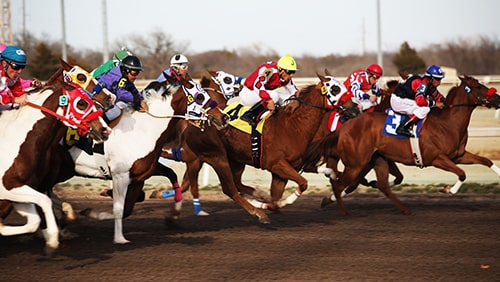Online gambling operator BetMGM has soft-launched its new Pennsylvania site while threatening a Tennessee rival with legal action for swiping its marketing slogan.
On Tuesday, the Pennsylvania-licensed BetMGM online casino began its three-day ‘soft-launch event’, which will see the site offering real-money bets from 2pm-10pm on day one, expanding to 10am-8pm on Wednesday and 10am-10pm on Thursday. Assuming no major hiccups, the site expects to be cleared to go 24/7 by Friday.
Pennsylvania marks the seventh US state in which Roar Digital – the online gambling/sports betting joint venture of MGM Resorts and GVC Holdings – has an online presence with its BetMGM brand, joining Colorado, Indiana, Nevada, New Jersey, Tennessee and West Virginia (all of which are limited to sports betting save New Jersey).
For the moment, the Pennsylvania site is purely casino-focused, as BetMGM has yet to secure the necessary land-based gaming partner that would allow it to offer sports betting. However, the company announced a marketing partnership with the NFL’s Pittsburgh Steelers last week and claimed it was targeting a Pennsylvania betting launch before year’s end.













